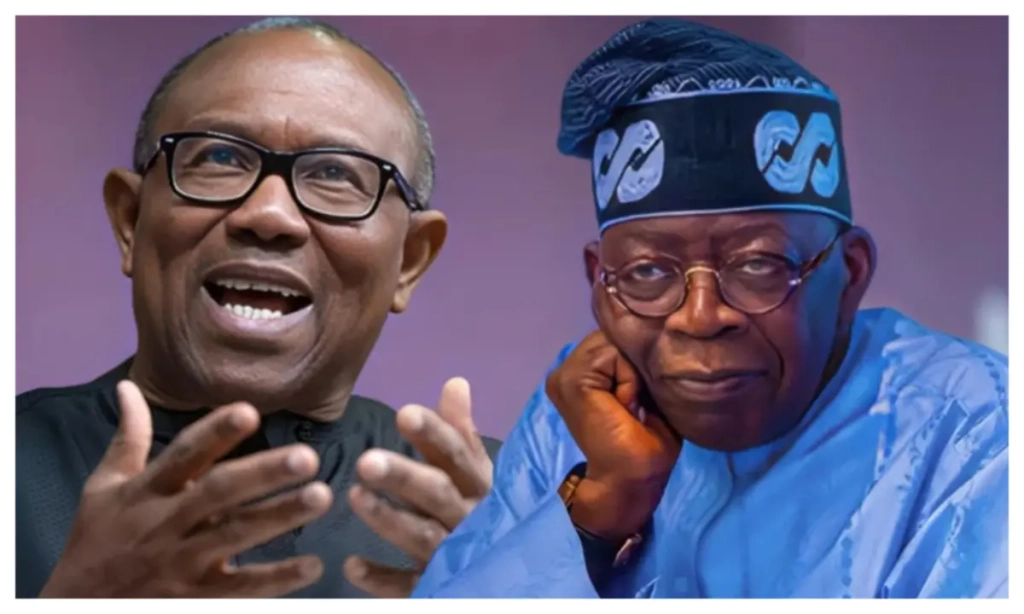Nigerian opposition leader Peter Obi has escalated his criticism of President Bola Tinubu’s administration, accusing it of obscuring the country’s economic struggles through manipulated data and failing to fulfill pledges to alleviate widespread hardship. The remarks, posted on Obi’s X account on Monday, mark his latest challenge to Tinubu’s governance amid rising public discontent over inflation and food insecurity.
Obi, who ran against Tinubu in Nigeria’s 2023 presidential election, referenced a 2022 campaign speech in which Tinubu dismissed statistical analyses of national challenges, promising instead to prioritize “putting food on Nigerians’ tables.” Two years into Tinubu’s term, Obi claimed the president had fallen short of this pledge, citing Nigeria’s ranking among nations with severe hunger levels. “Millions now face uncertainty about their next meal,” he stated, alluding to recent global indices that place Nigeria in the top 10 countries grappling with food crises.
The former Labour Party candidate criticized Tinubu’s recent economic assessments as misleading, singling out revised unemployment rates, disputed inflation metrics, and a controversial GDP rebasing effort. “These adjustments,” Obi argued, “distract from deteriorating living conditions and the government’s inability to deliver pragmatic solutions.” His statement comes weeks after Nigeria’s inflation hit a 28-year high of 33.95%, with food prices soaring by 40%, compounding pressures on households already strained by subsidy removals and currency devaluation.
Obi framed governance as a duty requiring “not gambles or technical gimmicks, but sincerity, competence, and compassion.” While acknowledging economic reforms pursued by Tinubu—including exchange rate unification and fuel subsidy cuts—he contended that such measures lack complementary social safety nets. Analysts note that public frustration has grown over the reforms’ uneven impact, with low-income earners disproportionately affected by rising transport and energy costs.
The critique surfaces as Tinubu’s administration seeks international investment, recently touting a GDP growth uptick to 2.98% in Q1 2024. However, economists caution that Nigeria’s growth remains sluggish relative to population expansion, while debt servicing consumes over 90% of federal revenue. Obi’s remarks align with criticism from civil society groups questioning the framing of macroeconomic data amid persistent poverty and unemployment, particularly among youth.
As political tensions simmer, observers highlight the broader implications of the debate: for Nigerians, transparency in economic reporting directly affects perceptions of policy effectiveness, while for global partners, accurate data shapes investment and aid decisions. The presidency has yet to formally respond to Obi’s allegations, but the exchange underscores deepening divisions over the narrative of Nigeria’s recovery path.
